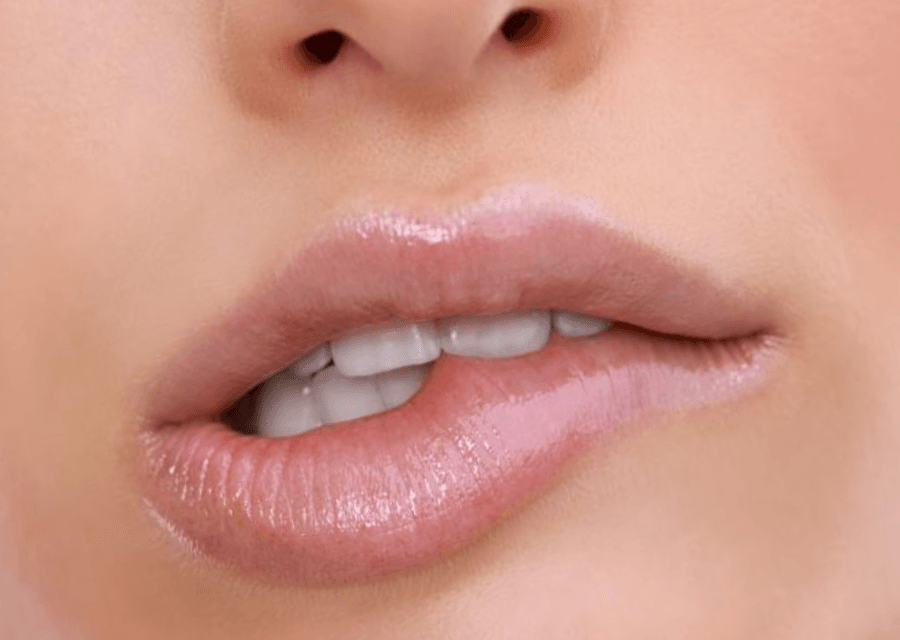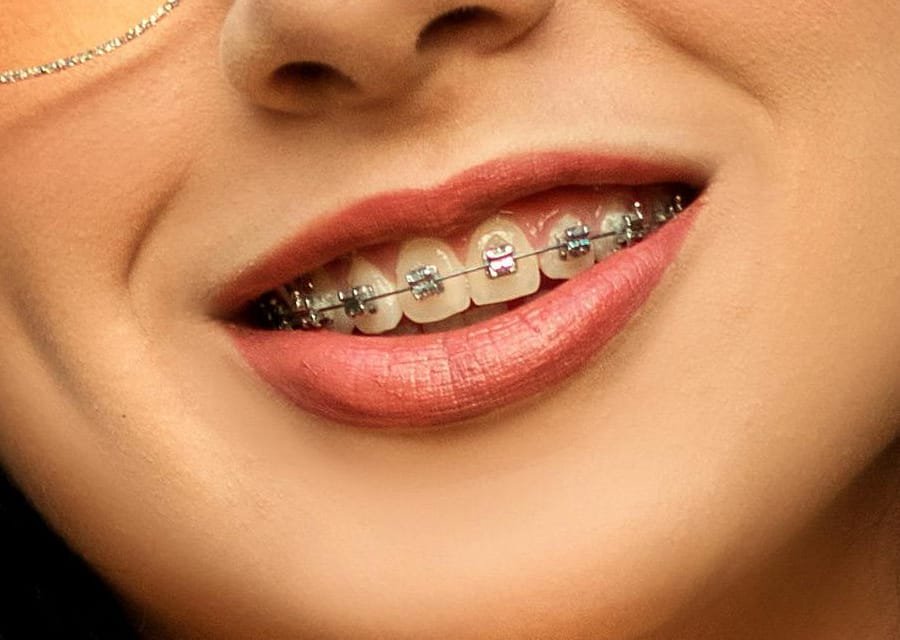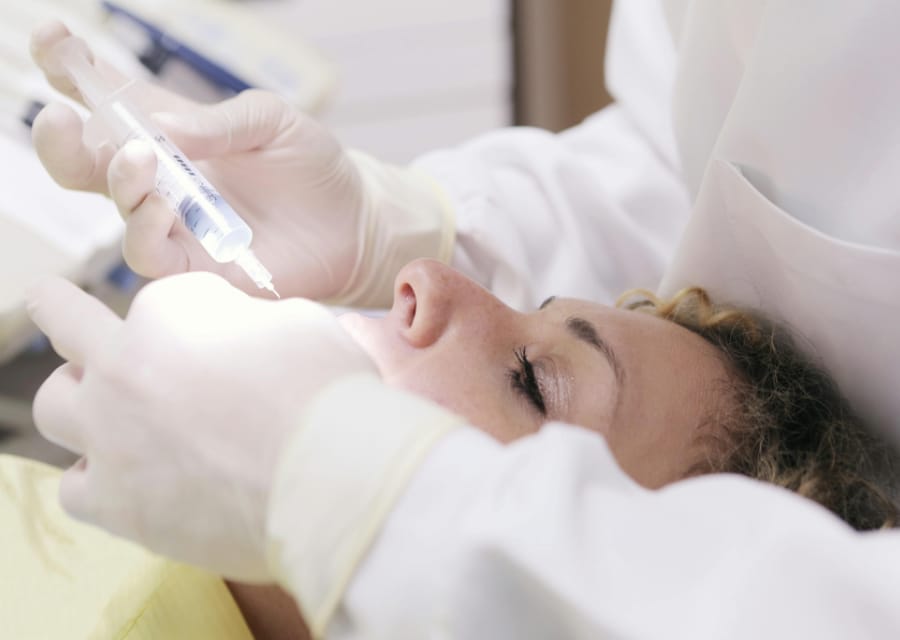
Lip biting is a common habit among children and like thumb sucking, it often begins as a way for them to cope with stress, boredom or anxiety. While occasional lip biting may seem harmless, persistent biting can lead to a number of oral health issues, such as damaged lips, misaligned teeth and even infection. As a parent, it’s important to recognize when lip biting becomes a problem and take steps to help your child break the habit.
In this blog post, we’ll explore the reasons why children bite their lips, the potential effects on their oral health and most importantly, how to help them stop the habit. As a dental surgeon, I’ll provide some practical tips and advice to guide you through this process.
Why Do Children Bite Their Lips?
Lip biting can be a self-soothing behavior for many children. Similar to thumb sucking, it may start as a way to comfort themselves during stressful situations, such as school pressures, social anxiety or feeling nervous or tired. For some children, lip biting may also be a response to boredom or frustration.
In some cases, lip biting can be linked to:
- Emotional stress: Children may bite their lips when they feel anxious, nervous or overwhelmed.
- Concentration: Some kids might bite their lips when they are focusing on a task, like doing homework or playing video games.
- Boredom or habit: For others, lip biting may simply become a repetitive habit that they do without thinking.
- Dry or chapped lips: If a child has dry lips, they may bite or lick them to relieve discomfort, which can lead to a cycle of habitual biting.
While occasional lip biting is normal, persistent biting or chewing on the lips can cause problems. It’s important for parents to understand how to address this habit early on to avoid long-term damage.
The Effects of Lip Biting on Oral Health
Although lip biting may seem harmless at first, over time it can cause a variety of oral health issues:
- Damage to the Lips and Skin
Frequent lip biting can cause physical damage to the skin around the lips. The constant pressure and friction can lead to cracks, sores or cuts, which can become painful and even infected if left untreated.
- Tooth Misalignment
If a child bites their lips regularly, the constant pressure can affect the alignment of their teeth. In some cases, it may contribute to malocclusion (misalignment of the teeth), especially if the biting is combined with other habits like nail-biting or thumb sucking.
- Infection Risk
If the skin around the lips becomes cracked or damaged due to biting, it can create an entry point for bacteria, increasing the risk of infections. Infections in the mouth can spread to other parts of the body if not addressed.
- Gum Problems
Persistent lip biting can also lead to problems with the gums, such as gum irritation or recession, especially if the child is biting down on the inside of their lips near the teeth.
- Speech Issues
In extreme cases, persistent lip biting may affect the way a child speaks. It can alter the way they pronounce certain sounds and words, particularly if they bite the lower lip while speaking.
How to Help Your Child Stop Lip Biting
As a parent, your goal should be to address the underlying reasons for lip biting while helping your child develop healthier coping mechanisms. Here are some practical tips to help your child stop lip biting:
- Identify the Triggers
Understanding when and why your child bites their lips is the first step in addressing the habit. Pay attention to the situations that trigger the lip biting:
- Is it happening when they are anxious, nervous or stressed?
- Do they bite their lips when they are concentrating or bored?
- Is it a response to dry lips or chapped skin?
Once you identify the triggers, you can work with your child to find better ways to cope with these feelings. For example, if the habit occurs when they’re feeling anxious, try teaching them relaxation techniques such as deep breathing, progressive muscle relaxation or guided imagery to help them calm down.
- Offer Positive Reinforcement
Encourage your child to stop lip biting by offering praise and rewards when they go a certain amount of time without doing it. Positive reinforcement is a great way to motivate your child and help them build confidence as they work toward breaking the habit. For example:
- Create a reward chart: Track progress with stickers or checkmarks and offer small rewards for milestones, such as going a whole day or week without biting their lips.
- Praise effort: Even if your child slips up, recognize their effort and encourage them to keep trying.
- Apply a Bitter-Tasting Product
To make the habit less appealing, you can try using a bitter-tasting lip balm or topical product that is safe for children. These products are designed to make the lips taste unpleasant, helping to discourage lip biting. Apply the product to your child’s lips before they go to school or in the evening before bed to remind them not to bite.
- Keep Lips Moisturized
Sometimes, children bite their lips because they are dry or chapped. If this is the case, encourage your child to use a lip balm or moisturizer regularly. Keeping their lips soft and hydrated may reduce the urge to bite or lick them out of habit.
- Introduce a Substitute Behavior
Help your child replace lip biting with a healthier habit. For example, if your child tends to bite their lips when they’re anxious, encourage them to squeeze a stress ball, play with a fidget spinner or use a soft toy to keep their hands busy. If they bite their lips when they’re bored, suggest they try drawing, reading or playing a game to keep their attention occupied.
- Talk to Your Child About the Consequences
Having an open conversation with your child can help them understand the importance of breaking the habit. Explain in simple terms how lip biting can hurt their lips, teeth and gums and how it can lead to infections or other oral health problems. By understanding the consequences, your child may be more motivated to stop the behavior.
- Consult a Pediatric Dentist
If lip biting persists despite your best efforts or if you notice any oral health problems, consider consulting a pediatric dentist. A dental professional can assess whether the lip biting is causing damage to your child’s teeth, gums or lips and offer advice on further steps. In some cases, they may recommend a dental appliance or suggest behavioral therapies to help break the habit.
Conclusion
Lip biting may seem like a harmless habit, but if it becomes persistent, it can cause significant oral health problems, including damage to the lips, misalignment of teeth and even infections. As a parent, the key to helping your child stop lip biting is to understand the triggers behind the habit and offer alternative coping mechanisms.
By using positive reinforcement, keeping the lips moisturized and applying a bitter-tasting product, you can help your child break the habit over time. If the problem continues or affects your child’s oral health, a consultation with a pediatric dentist may be necessary to address any concerns.
Remember, patience and consistency are key when helping your child stop lip biting. With your support and guidance, your child can develop healthier habits and protect their oral health for the future.
To schedule an appointment at ‘Sukumar Dental Clinic’ call +91-7418210108 or WhatsApp Dr. Sukumar at +91-9655225002. We take pride in having the top dental clinic in Palayamkottai, Tirunelveli. Alternatively, you can email us at info@sukumardental.com


